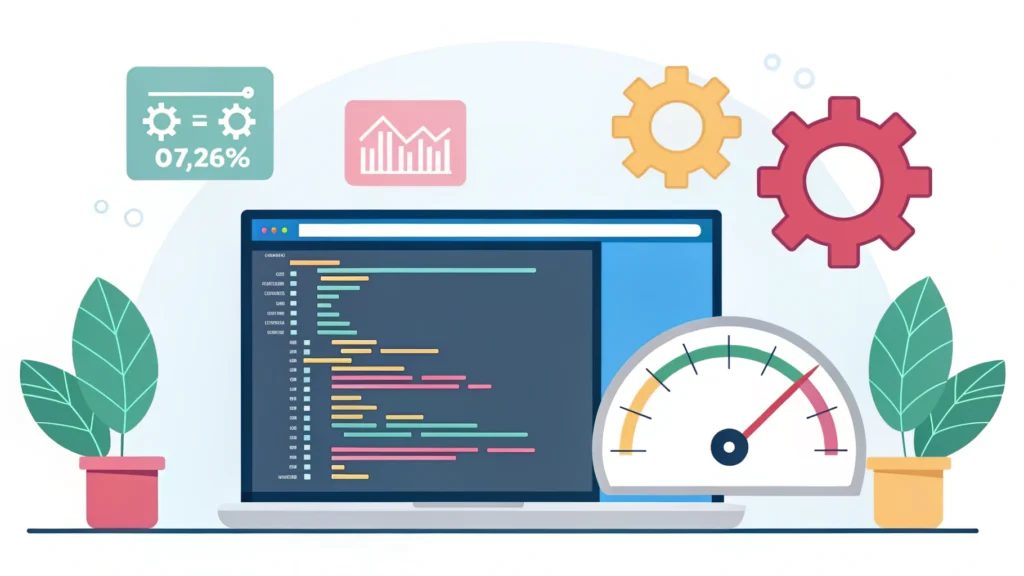Introduction
In the world of web development and SEO, image optimization plays a crucial role in improving website performance. One of the most effective ways to optimize images is by converting them to the WebP format, which offers superior compression and quality compared to traditional formats like JPG. The JPG to WebP Converter by WebToolsLab simplifies this process, enabling developers and content creators to enhance their websites effortlessly.
Why Convert JPG to WebP?
WebP is a modern image format that provides both lossless and lossy compression, significantly reducing file sizes without compromising quality. Here are some reasons to consider converting JPG to WebP:
- Faster Loading Times: Smaller file sizes lead to quicker page load times, positively impacting user experience and SEO.
- Improved Image Quality: WebP maintains higher quality at lower file sizes compared to JPG.
- Support for Transparency: WebP supports transparency in images, making it versatile for various design needs.
How to Use the JPG to WebP Converter
Step-by-Step Guide
- Visit the Tool: Go to the JPG to WebP Converter page.
- Upload Your JPG: Click the ‘Upload’ button and select the JPG file you wish to convert.
- Select Conversion Options: Choose your desired quality settings and any additional options, if available.
- Start Conversion: Click the ‘Convert’ button to initiate the conversion process.
- Download the WebP File: Once the conversion is complete, download your new WebP image.
Code Example for Implementation
If you want to programmatically convert images using WebP in your web application, here’s a quick code snippet in PHP:
<?php
function convertToWebP($source, $destination) {
$image = imagecreatefromjpeg($source);
imagewebp($image, $destination);
imagedestroy($image);
}
?>Pros and Cons of Using JPG to WebP Converter
Pros
- Efficient image compression
- Easy to use interface
- Supports bulk conversions
Cons
- Some older browsers may not support WebP
- Quality may vary based on settings
Use Cases for JPG to WebP Conversion
- Websites looking to improve performance and SEO.
- Online portfolios that require high-quality images without large file sizes.
- Blogs and content sites aiming for faster load times and better user engagement.
FAQs
1. What is WebP?
WebP is an image format developed by Google that provides lossless and lossy compression for web images.
2. Why should I convert JPG images to WebP?
Converting to WebP can reduce image file sizes significantly, leading to faster load times and improved site performance.
3. Does WebP support transparency?
Yes, WebP supports transparency, making it a suitable choice for graphics and logos.
4. Are there any drawbacks to using WebP?
Some older browsers do not support WebP, so it’s essential to provide fallback options.
5. Can I convert multiple images at once?
Yes, the JPG to WebP Converter supports bulk conversions, allowing you to optimize multiple images simultaneously.
Conclusion
Optimizing images is a vital part of enhancing web performance and SEO. The JPG to WebP Converter by WebToolsLab offers a straightforward solution for converting JPG images to WebP format, helping you achieve faster loading times and better user experiences. Start optimizing your images today!
